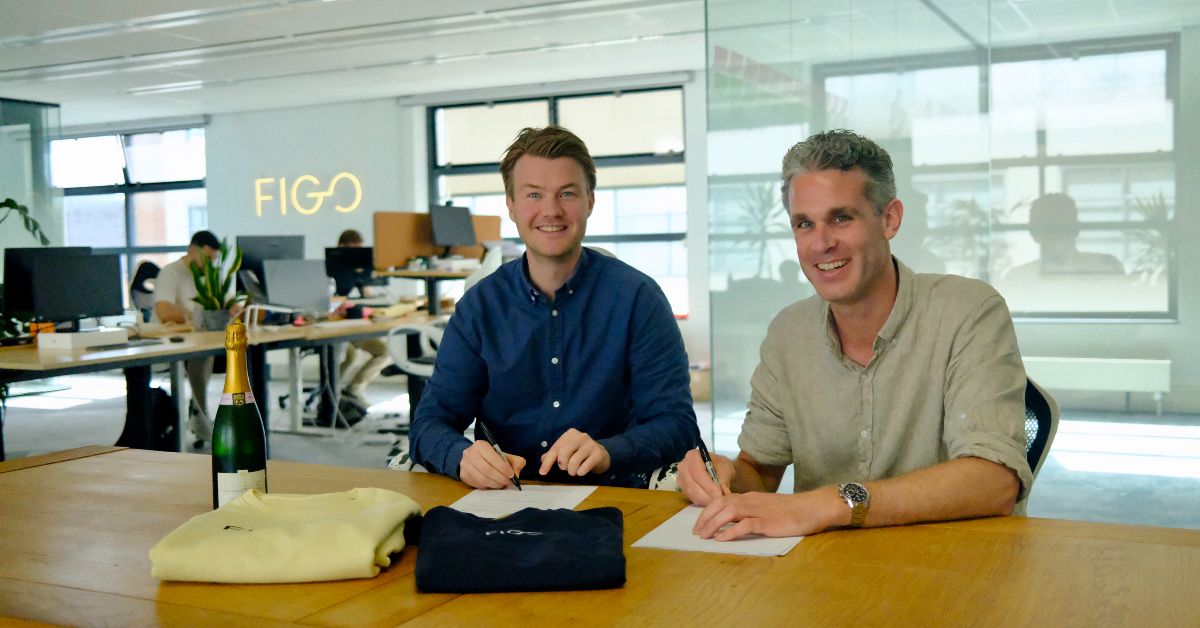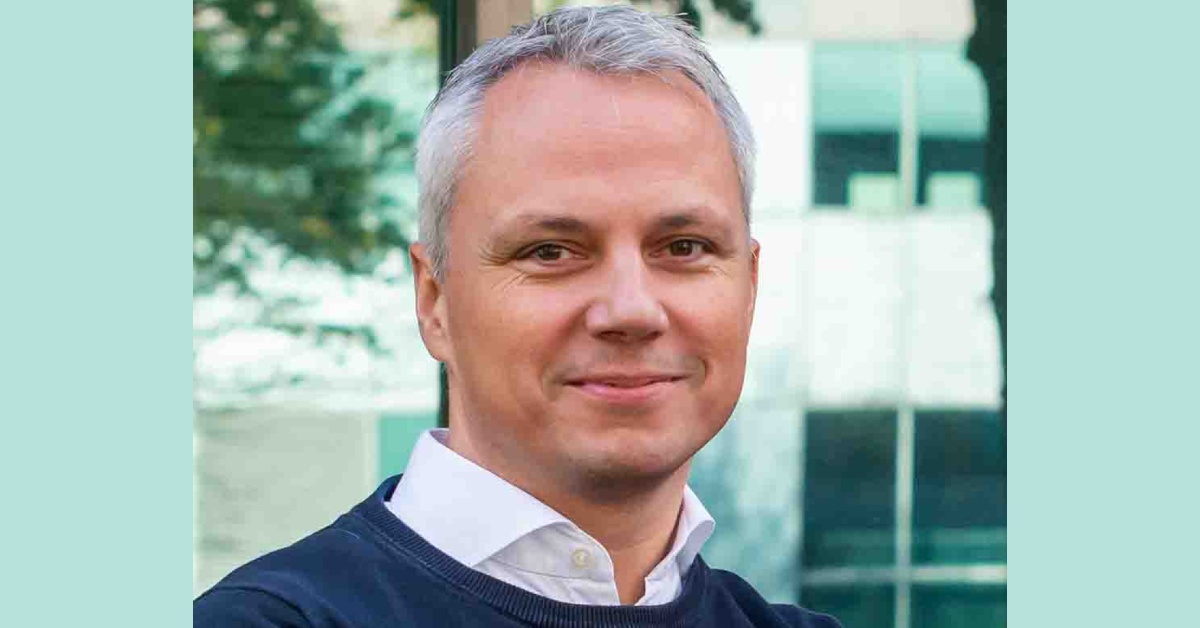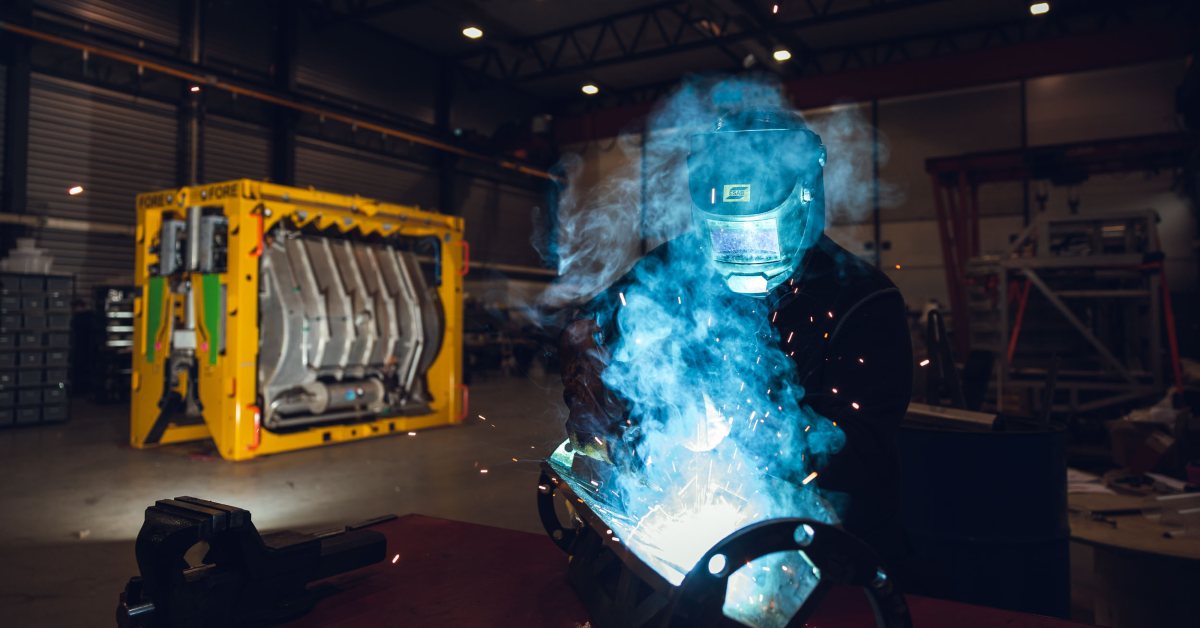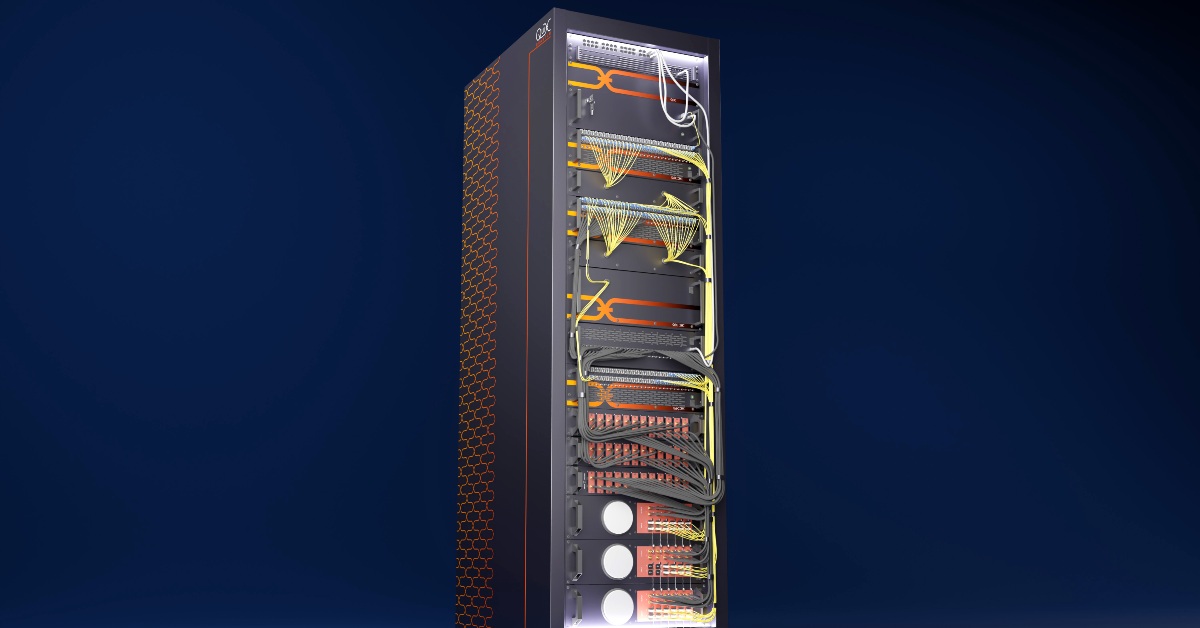Porpoise Power, a UK-based startup developing tidal stream technology, has emerged from stealth and announced the close of a £1.2M (nearly €1.39M) pre-seed funding round.
The round was led by London-based deeptech climate fund Zero Carbon Capital (ZCC), with participation from Creator Fund and Oxford Science Enterprises.
A spinout from the University of Oxford, Porpoise Power is working to bring tidal energy into the broader renewable energy landscape. The company plans to use the funding to develop its technology further and contribute to grid-scale energy solutions.
Expanding tidal energy potential
Global electricity demand is expected to double by 2050 due to electrification, AI, and reindustrialisation. Lazard’s 2024 Levelized Cost of Energy report suggests that meeting this demand requires a mix of energy sources. Wind and solar are expanding but need more storage and grid support.
Tidal energy, in contrast, is predictable and works with gravitational cycles, providing a steady power source. This is where Porpoise Power looks to make a difference.
The company offers a tidal energy system designed to address the growing global electricity demand. The system is based on a bio-inspired, oscillating hydrofoil design that operates across a wider range of tidal flows and depths compared to traditional technologies. This increases the number of potential deployment sites and overall capacity for tidal energy.
Unlike traditional spinning turbines, Porpoise Power’s system uses a fin that moves up and down in the tidal stream, mimicking the movement of dolphins. This method allows the system to function effectively in more locations and conditions, making tidal energy more scalable. The system works in sync with gravitational cycles, providing a predictable and steady source of power.
By expanding the range of tidal conditions it can operate in, Porpoise Power addresses issues that have previously limited tidal energy, such as limited deployment sites, high capital costs, and low power output.
The technology is capable of delivering baseload electricity, with costs comparable to offshore wind, and offers consistent power similar to nuclear energy. The company claims that four 30 km by 30 km tidal arrays could meet the entire baseload electricity demand of the UK.
The system is also designed to minimise ecological impact, allowing it to be deployed in sensitive areas. With its increased capacity factor and ability to operate in more locations, Porpoise Power aims to make tidal energy a key part of a decarbonised energy system.
Investor, Zero Carbon Capital, mentions in a statement, “Our investment is supporting the Porpoise Power team as they progress technology development, model levelised cost of electricity (LCOE) at scale, and conduct trials at UK tidal sites.”
The founding team!
Porpoise Power was founded by a team with backgrounds in business leadership, engineering, and climate-focused innovation. CEO John Kennedy brings experience in scaling mission-driven and deeptech ventures, with past roles at Green & Black’s, Wayfair, and Adlens.
Co-founder Adrian Thomas, Professor of Biomechanics at the University of Oxford, is a specialist in unsteady fluid dynamics and bioinspired engineering, and previously founded Animal Dynamics.
They are joined by Hilary Struthers, a former Shell executive and current non-executive director at Low Carbon, and Martin Hall, an engineer with a background in marine systems and embedded technologies.
The founding team combines technical expertise, commercial experience, and a focus on climate impact.
What’s next for Porpoise Power?
The Porpoise team is progressing toward pilot deployments at UK test sites, backed by a clear technology plan and thorough analysis.
In their next fundraising round, Porpoise Power aims to install hundreds of kilowatts of grid-connected tidal capacity, supported by a UK Contract for Difference (CfD), to prove the technology’s readiness for broader use.
“We are proud to support Porpoise Power on their mission to bring reliable, renewable, affordable energy to the grid — and to give tidal energy the role it deserves in our zero-carbon future.”










01
From telecom veteran to Dutch Startup Visa success: The Jignesh Dave story